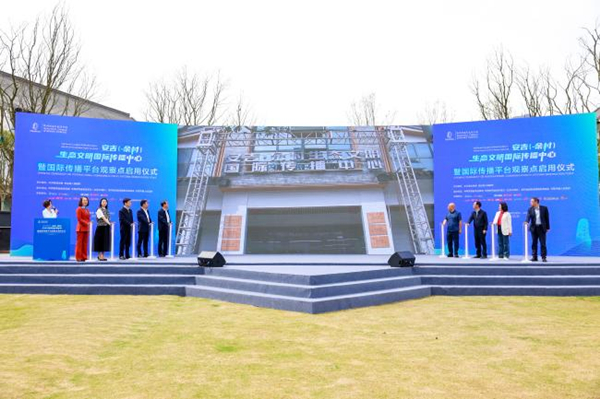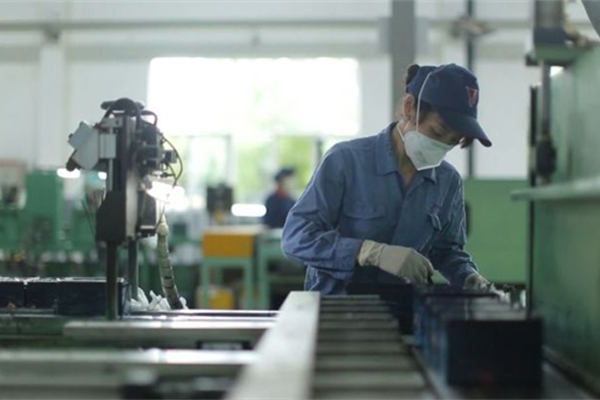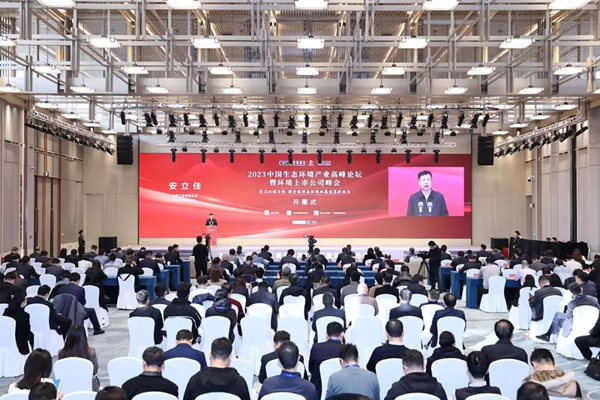Certification spurring SME competitiveness

Two visitors play at a homestay in Deqing county, Huzhou, Zhejiang province. CHINA DAILY
Rural homestays in particular major beneficiaries of rating system
In Moganshan, a thriving scenic spot in Deqing county, Huzhou, East China's Zhejiang province, Chen Chujunyi, who runs a library-themed boutique homestay, is extremely busy hosting visitors from across the country and around the world.
What distinguishes his homestay in a crowded tourism and hospitality market, Chen said, is its "certification" efforts to offer more standardized and higher-quality services.
Chen's homestay, Map of Mogan Life, achieved a rural homestay certificate from the local market regulator in early 2023, becoming one of the five-star local homestays in the homestay rating system.
"A direct benefit of such certification is that it has led to improved guest feedback and full bookings during peak tourism seasons," he said.
Behind the move is a broader effort by local market regulators to assist companies, especially small and medium-sized enterprises, in attaining certification, which refers to the process by which a company, product or service meets specific standards, regulations or criteria.
Globally, common types of international certification include the International Organization for Standardization (ISO) certification, industry-specific certification such as the United States Food and Drug Administration (FDA) approval for foodstuffs and pharmaceuticals, as well as product and professional certification.
In China, the most common certification is the China Compulsory Certificate (CCC).
To promote the high-quality development of the ever-growing homestay industry in Moganshan, Deqing led the formulation of the first national rural homestay service certification requirement, which was launched in 2022.
Moganshan, known for its bamboo groves, natural springs and bucolic villas, is an ideal summer resort, which is a three-hour drive from Shanghai. It is also an important center for rural homestays and a model and benchmark for the development of the business in China.
"Homestays differ from hotels where different job roles are clearly defined. With certifications, a lot of services and products have clearer standards, which will greatly improve our operations and manage risks," Chen said.
Pan Genliang, deputy director of the Deqing Administration for Market Regulation, said, "The certification clarifies service processes and staff responsibilities, optimizes procurement control and fosters continuous services improvement."
The surge in popularity of homestays has led to more consumer disputes. Some homestays enhance their photos to attract guests, leading to discrepancies between expectations and reality, causing dissatisfaction and complaints, he said.





